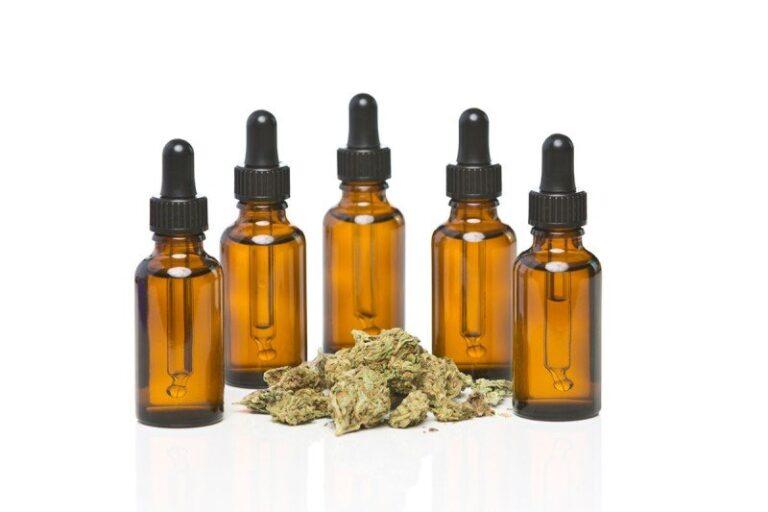Not so wonderful company: POM juice maker named second largest sprayer of toxic weedkiller (NaturalHealth365) Pomegranate juice has been all the rage this past half-decade. Dubbed a “superfood” by some, pomegranates are chock-full of vitamins and minerals, including magnesium, calcium, potassium, and vitamin C. POM, the most popular pomegranate juice maker, was recently highlighted by the Environmental Working Group (EWG) as anything but wonderful . The self-proclaimed “Wonderful Company” has been exposed for using paraquat, a toxic weedkiller. It is time to scratch POM pomegranate juice from your shopping list The Wonderful Company advertises its POM pomegranate juice as healthy and even iconic. The little-known truth is the juice maker uses more paraquat than all but one other company in California. The state’s top offender is crop grower J.G. Boswell Company. Paraquat, a toxic chemical used to kill weeds, has been tied to a heightened risk for Parkinson’s disease. The EWG report linked above states the makers of POM sprayed nearly 60,000 pounds of paraquat across the Golden State’s fields in a single year. The Wonderful Company uses paraquat to grow pomegranates, almonds, and pistachios. Do the math, and you’ll find California’s two most prevalent paraquat sprayers, 27% of the state’s aggregate use of the chemical across its fields. Paraquat is a growing problem for consumers, laborers, and others After consumption, paraquat increases the risk of Parkinson’s disease, non-Hodgkin lymphoma, and leukemia. It also threatens the health of farm laborers and residents who live near California farms. A seemingly harmless wayward breeze can potentially redirect sprayed paraquat to farmworkers and nearby homeowners, renters, pedestrians, and others. SHOCKING PROBIOTICS UPDATE: Discover the True Value of Probiotics and How to Dramatically Improve Your Physical, Mental and Emotional Wellbeing with ONE Easy Lifestyle Habit. Take a deep dive into paraquat, and you’ll find a significant amount of the chemical collects within the soil, remaining in the dirt for several years. It is even possible for paraquat to hover within dust particles. The EPA has even stated that paraquat is toxic to the point that it should not be used on golf courses throughout the United States. POM juice is anything but healthy and sustainable The Wonderful Company’s public relations team goes to great lengths to sell its pomegranate juice as iconic, nutritious, and sustainable. The dark truth is that exposure to a toxic weedkiller is anything but healthy. The bottom line is that the use of paraquat to make POM juice does not align with the company’s sustainability initiatives. Here’s the dirty little secret the makers of POM don’t want you to know: analysis of paraquat use and exposure conducted by the National Institutes of Health (NIH) determined those who sprayed paraquat onto crops were 100% more likely to be diagnosed with Parkinson’s disease than those who sprayed other pesticides. An overarching analysis of more than a dozen studies determined there was a 64% spike in the chances of developing Parkinson’s disease after exposure to paraquat. It is also shocking that the numbers reveal spraying the toxic weedkiller within 1,640 feet of one’s residence or worksite more than doubles the chances of developing Parkinson’s disease. You are the catalyst for necessary change You are the catalyst for necessary change
If consumers like you kick up enough dust, it will eventually turn into an unstoppable hurricane . Boycott POM , spread the word about The Wonderful Company’s use of paraquat, and you’ll build the momentum necessary for meaningful change. You can start tomorrow by voting with your dollars. Shift your consumer allegiance away from The Wonderful Company to organic pomegranate juices made without the use of toxic weedkillers. Better yet, make your own juice from fresh (organic) pomegranates, if you can. Reach out to lawmakers to express your concern about the use of paraquat. Make it clear that you want the United States to join the 60 other nations that have banned the use of paraquat. Encourage others in your local community and online social circle to do the same. Sources for this article include:
This content was originally published here.




















